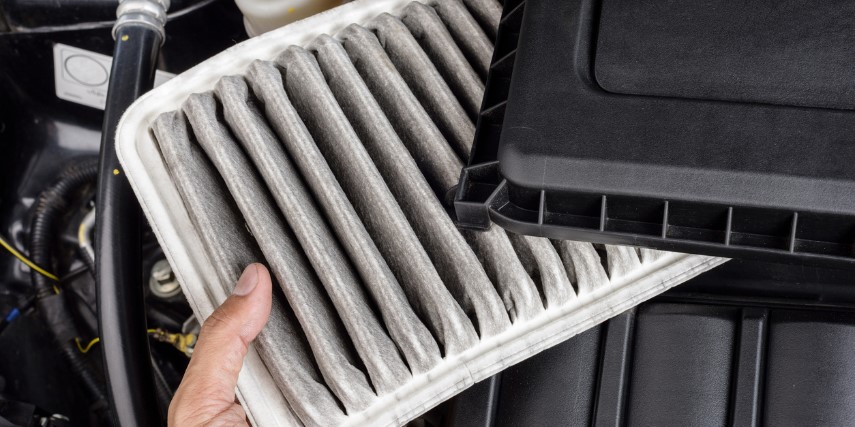


As winter approaches, several components of diesel maintenance require careful attention. From oil changes and cooling system inspections to verifying proper lubrication, fluid levels and electrical performance, November is the ideal time to ensure your vehicle is ready for cold conditions. However, overlooking something as routine as filter maintenance can quickly escalate into costly and complex problems.
Many experienced diesel mechanics will tell you that neglecting filter replacement causes several issues, including:
Why November Matters
Studies show that as the outside air temperatures decline, particulate emissions increase exponentially. For example, a 20-degree drop in temperature can double particulate emissions. And that’s an important statistic, because between September and November, the average low temperature in various parts of the Midwest will drop as much as 24 degrees.
Best Practices
The good news? All of this is completely avoidable. Follow these tips and you’ll be in good shape as the temperature plummets.
Depending on the diesel truck, there will be a recommended time for when to completely replace the filter rather than clean it. Light-duty trucks might require a replacement every 30,000 to 45,000 miles, whereas a heavy-duty truck might go 15,000 to 25,000 miles before needing a filter replacement.
Regardless of what kind of truck you’re driving, you can trust Gray Diesel & Equipment Services to keep your maintenance schedule on the right track. Let us take a look at your truck in November to ensure you’re ready for the winter weather.